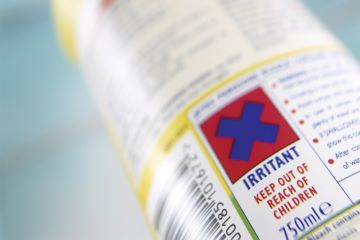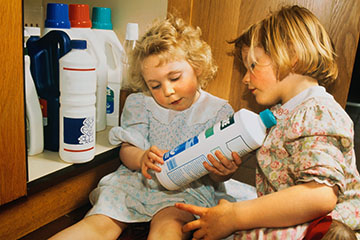Poisons Information Helpline of the Western Cape
| Description: |
Call the Poisons Information Helpline of the Western Cape, on 0861 555 777, immediately if someone in your household has swallowed, inhaled or spilled poison on themselves. The Red Cross War Memorial Children's Hospital Poison Information Centre and the Tygerberg Hospital Poison Information Centre have combined their strengths to form the Poisons Information Helpline of the Western Cape. The helpline is a 24-hour service that will provide you with expert advice on the substance, its side effects, and what to do. |
||||||
| Instructions: |
Share this information with grandparents, family members, friends, caregivers and babysitters to make sure that everyone stays safe: Keep the Poison Information Helpline 24/7 emergency number 0861 555 777 on your cell phone or near your landline.
What are the First Aid steps if a child is poisoned? DO:
DON’T:
What are the common poisons, and how should they be treated?
|
| Government Body: |
|
- Medical emergency transport and rescue (Service)

 The occurrence of accidental poisoning is unfortunately common. Many children unintentionally drink or eat poisonous products or medications, often mistaking them for edible foodstuff. There are other ways poison can enter the body, such as by breathing in fumes, injection, venomous bites or stings, or touching enough of a substance that could cause illness or death.
The occurrence of accidental poisoning is unfortunately common. Many children unintentionally drink or eat poisonous products or medications, often mistaking them for edible foodstuff. There are other ways poison can enter the body, such as by breathing in fumes, injection, venomous bites or stings, or touching enough of a substance that could cause illness or death.  Poison prevention tips:
Poison prevention tips:
